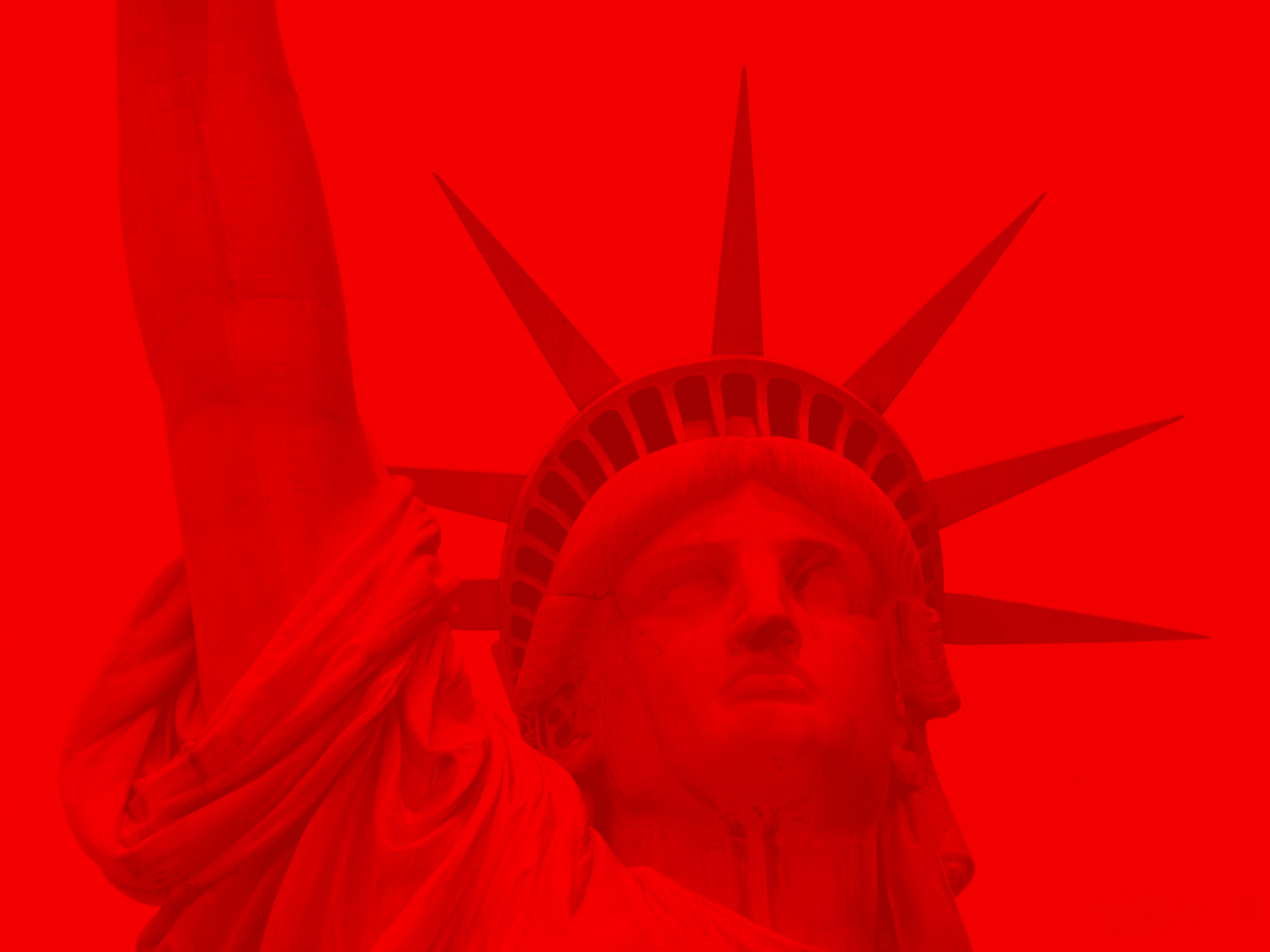A New Power Axis in the Sahara?
The United Kingdom has quietly made a bold diplomatic move, throwing its support behind Morocco’s autonomy plan for Western Sahara. In doing so, Britain joins the likes of France, Spain, and the United States in recognising Rabat’s proposal as the most credible path to resolving one of North Africa’s longest-running conflicts.
This decision marks more than just a policy adjustment. It’s a signal that the UK is recalibrating its role in Africa with a sharp blend of realism and strategic ambition, what Foreign Secretary David Lammy has called “progressive realism.” Morocco, increasingly a linchpin of stability in the region, is emerging as a key ally in London’s efforts to project influence, contain threats, and unlock new economic partnerships across the Sahel and Maghreb.
For decades, Western Sahara has remained locked in stalemate claimed by Morocco but challenged by the Algerian-backed Polisario Front. The autonomy plan, on the table since 2007, would grant broad self-governance while preserving Moroccan sovereignty. Backed now by a critical mass of Western powers, it’s gaining momentum as the only viable route out of diplomatic paralysis and mounting regional instability.
The West’s Anchor
In a region too often defined by instability and upheaval, Morocco has steadily carved out a reputation as a dependable ally and a beacon of calm. Over the past decade, it has emerged as a linchpin of North African stability crucial to the West’s efforts to stem terrorism, manage migration, and counter growing geopolitical threats.
Strategically perched at the crossroads of Europe, Africa, and the Middle East, Morocco has become an indispensable security partner. Its robust intelligence cooperation with the UK and other Western nations has helped preempt terrorist threats, while its homegrown deradicalisation programs, rooted in moderate Islam, are held up as a regional model.
But Morocco’s value isn’t limited to counterterrorism. As a key conduit between sub-Saharan Africa and Europe, it has evolved from a mere transit route into a frontline partner in managing migration flows, working with Brussels to reduce irregular crossings and invest in long-term solutions.
Algeria, Iran and Proxy Forces
While Morocco anchors regional stability, others are working to unravel it. Chief among the destabilisers are Algeria, Iran, and a web of non-state actors intent on exploiting the Western Sahara dispute for geopolitical leverage.
Algeria’s decades-long support for the Polisario Front - a separatist militia rejecting Morocco’s autonomy plan - has entrenched a frozen conflict and blocked regional integration. Its obstructionism has paralyzed forums like the Arab Maghreb Union and entrenched economic stagnation across the region.
Worse still, Iran’s shadow looms ever larger. Tehran is accused of funnelling weapons and ideological backing to armed proxies in North Africa, mirroring its destabilising tactics in the Middle East. This is no longer a local standoff, it risks becoming another flashpoint in Iran’s broader confrontation with the West.
Meanwhile, jihadist networks and trafficking groups exploit porous borders, stoking violence from the Sahel to the Mediterranean. The UK and its allies cannot afford to ignore this powder keg on Europe’s southern flank.
A New Frontier
As instability spreads across the Sahel, a new strategic alliance is quietly taking shape, and Britain would do well to seize the moment. Morocco is building a homegrown defence industry in the Sahara, and with the right backing, it could become a crucial outpost for Western security interests in Africa.
The UK, with its edge in military technology and AI, is perfectly placed to partner with Morocco. From joint ventures in weapons manufacturing to next-generation defence start-ups, there is vast untapped potential for nearshoring British expertise in a region that matters.
Cooperation could extend to counterterrorism, border control systems, and AI-powered surveillance - capabilities vital to containing the chaos spreading from the Sahel. For Britain, it’s not just about defence exports; it’s about shaping the future of regional stability and anchoring a reliable ally in a volatile neighbourhood.
A Historic Shift
Britain’s endorsement of Morocco’s autonomy plan is more than diplomatic symbolism, it’s a decisive break from decades of hedging. By joining allies like the US and France, the UK is helping to tip the scales toward a practical resolution in Western Sahara, sidelining destabilising forces and strengthening regional order.
In an era of shifting alliances and mounting threats, realist partnerships with stable powers like Morocco are not optional, they’re essential. This is about more than North Africa. It’s about securing Europe’s southern flank, curbing illegal migration, and confronting terrorism before it reaches British shores. The UK has made a bold choice. Now it must follow through.

